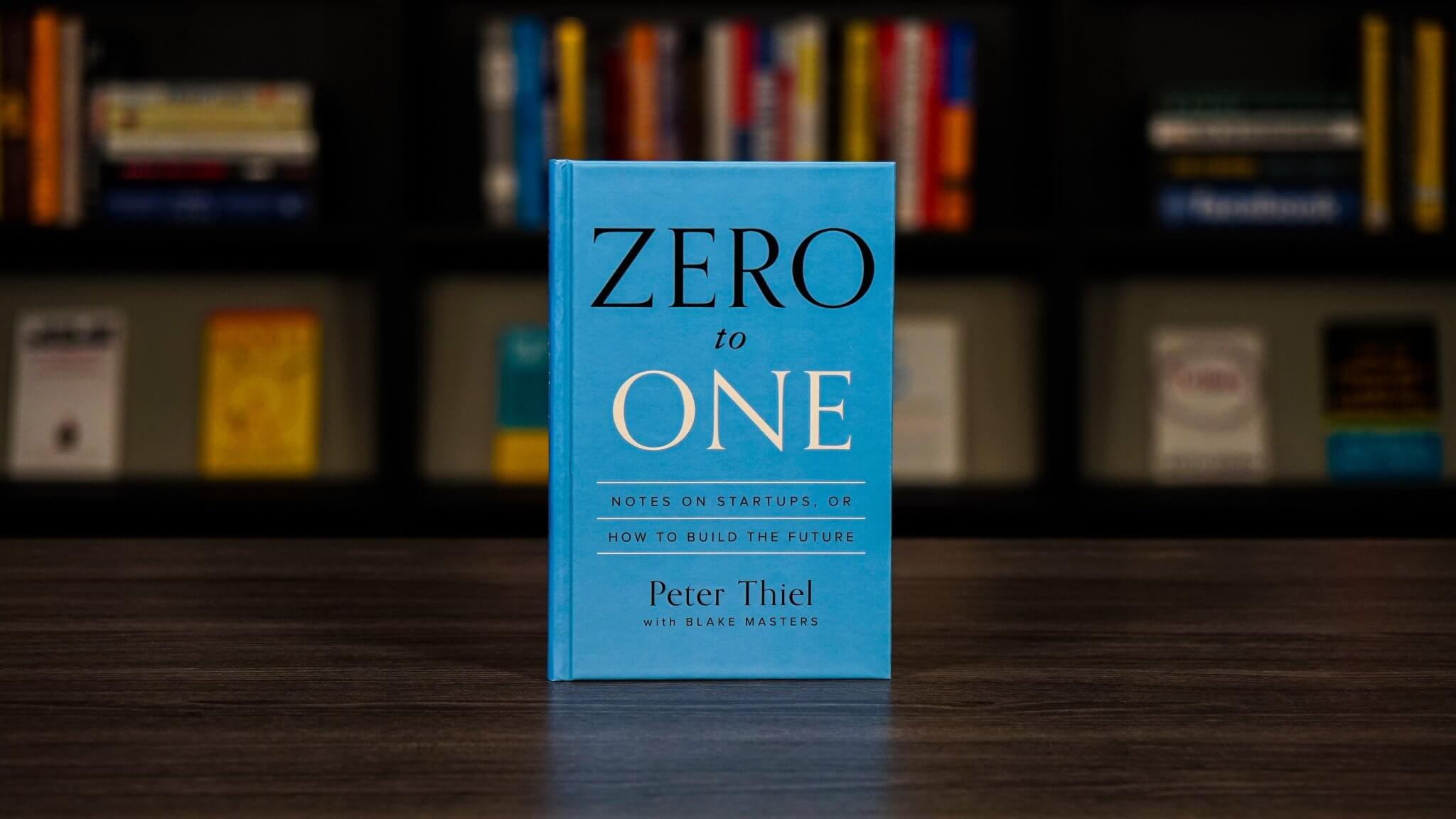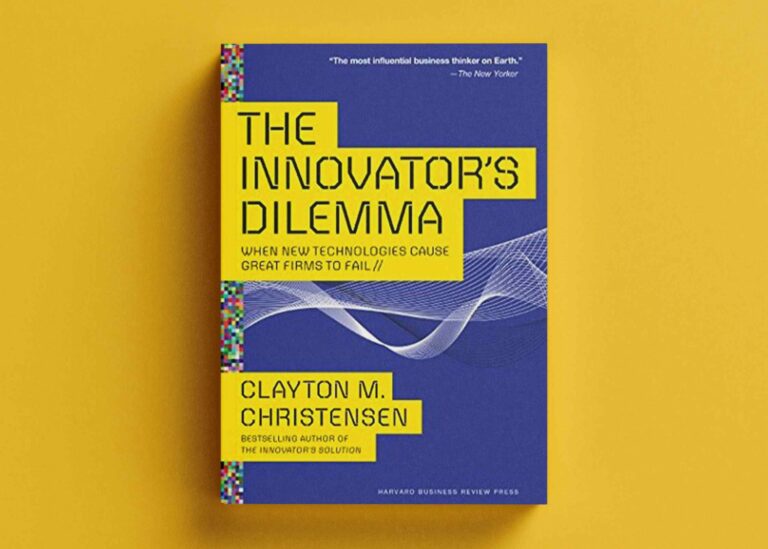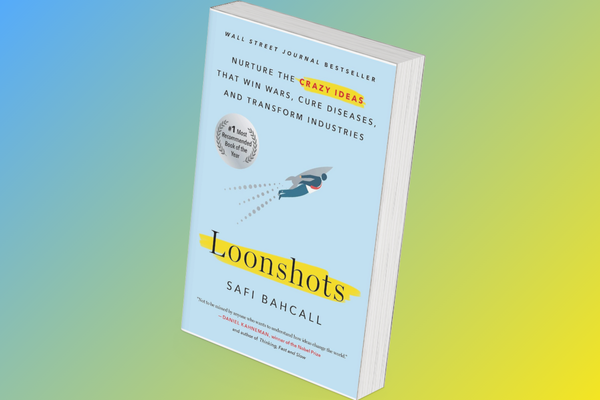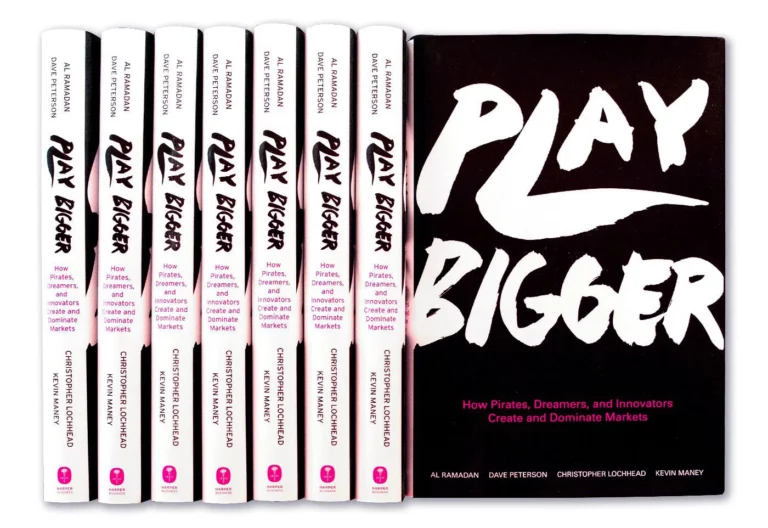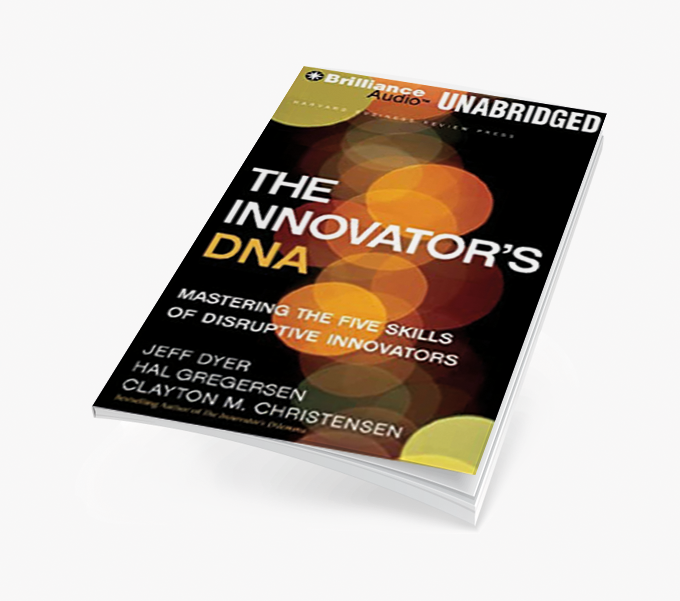Monopoly vs. Competition — why true innovation means creating new value, not fighting for old markets
Escaping the Competition Trap
Most founders are trained to think in terms of market share. Thiel turns this logic upside down: competition is for losers. In his view, great companies don’t fight to be the best in a crowded field — they escape the field entirely.
When Google launched in 1998, search engines were a commodity. Yet by reimagining how search quality could be quantified (through PageRank), Google created a market of one. The result wasn’t dominance through aggression, but through differentiation so complete that competition became irrelevant.
This is the essence of going from zero to one: creating value where none existed before. Every true innovation starts as a monopoly in its own niche — not because it kills competitors, but because it builds a category of its own.
The Economics of Creation
Why does Thiel celebrate monopolies? Because they fund the future.
In competitive markets, margins collapse and companies have no oxygen for R&D. Monopoly profits, on the other hand, enable long-term investment in breakthrough ideas. Apple’s dominance in mobile ecosystems funds everything from chip innovation to sustainability initiatives. SpaceX’s early contracts with NASA, effectively monopolistic in scope, gave it the resources to pioneer reusable rockets — a leap that competition alone would never have justified.
Innovation, in Thiel’s framing, is not about beating others — it’s about escaping the race entirely.
This principle maps closely to Schumpeter’s concept of creative destruction, where new technologies dismantle old value chains. But Thiel adds a strategic twist: creative destruction is only sustainable when you create a defensible monopoly around the “new.”
Building for the Future, Not the Present
Thiel’s book is as much about mindset as it is about markets. He challenges founders to ask:
“What valuable company is nobody building?”
It’s a deceptively simple question that cuts to the heart of innovation economics. Most startups fail not because they can’t compete — but because they never define what makes them singular.
Building for the future means identifying untapped potential — the neglected ideas that could become the foundation of entirely new industries. In energy, that could mean distributed microgrids. In AI, it could mean sovereign data architectures. The next “zero to one” leap will come from founders who see opportunity where others see limits.
Lessons for Innovators and Investors
From From Zero to One, three key takeaways stand out for innovation strategists and investors:
- Monopolies are the engines of progress. Don’t fear them; study how they emerge from unique insight and execution.
- Start small, scale fast. Every monopoly begins by dominating a niche so thoroughly that expansion becomes inevitable.
- Think exponentially, not incrementally. The future rewards those who create new frameworks, not those who optimize existing ones.
For innovators in emerging markets — particularly in the UAE and the wider Gulf region — Thiel’s framework resonates strongly. The region’s focus on diversification, advanced industries, and sovereign tech ecosystems aligns perfectly with the “zero to one” mindset. The opportunity isn’t to replicate Silicon Valley; it’s to build what doesn’t yet exist — but should.
Looking Ahead
“From Zero to One” is a reminder that the future isn’t discovered — it’s invented. Competing for market share keeps us trapped in yesterday’s logic; creating new value unlocks tomorrow’s economy.
As industries converge around AI, energy, and synthetic biology, the next generation of monopolies will be those who redefine what’s possible — not those who fight for relevance in legacy markets.
Follow Tomorrowist for more insights on innovation, deep tech, and value creation.


